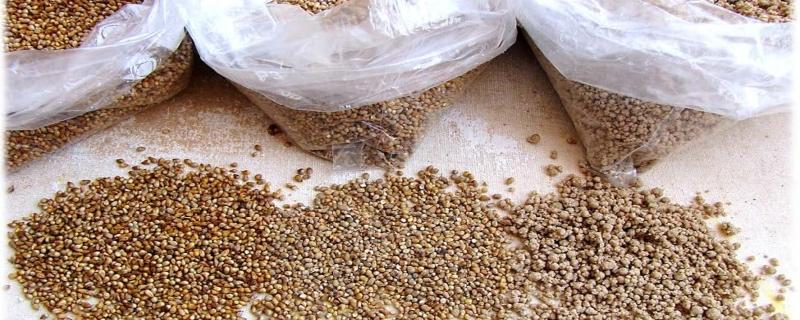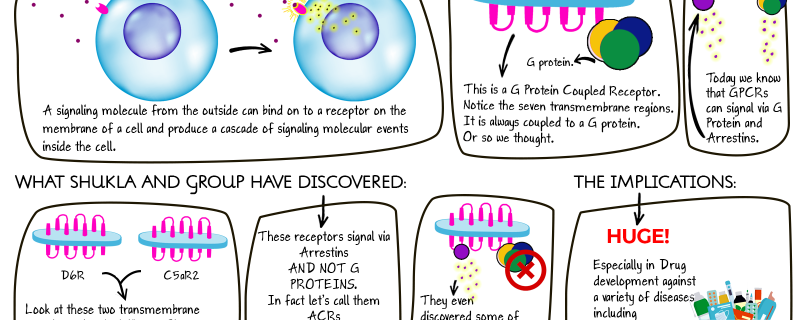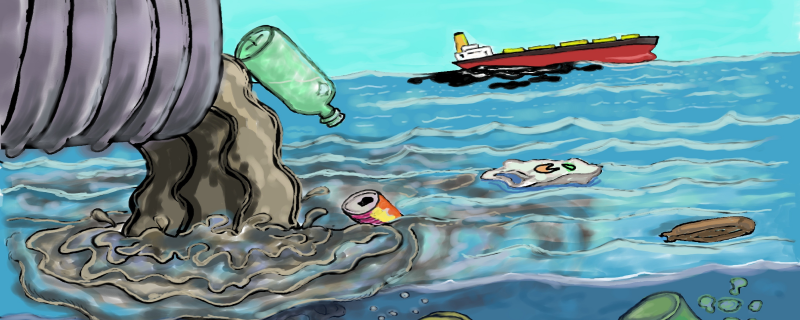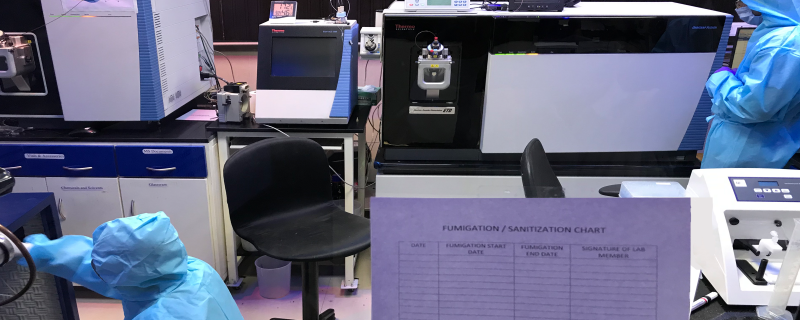Study finds an increase in the rate of soil erosion post the extreme floods in August 2018.
Science
Researchers point out that growing millets can eliminate over-reliance on major staples like rice and wheat, and help address global food and nutritional security.
The detailed analysis of the stomach contents of two frogs provide evidence that frogs do play an important role in protecting crops against insects.
Scientists say you can now use Osimertinib -a cancer drug- just once a week instead of daily and still be safe from tumour regrowths.
Researchers discuss the challenges in studying human-wildlife coexistence and the way forward.
Researchers have shown that two receptors previously known as ‘silent receptors’ are not truly silent and that they signal via a different mechanism than was expected.
Plastics are stubborn trash and non-biodegradable. Yet, did you know our indiscriminate use of plastics has now permeated our oceans as well?
According to the United Nations, 80% of marine pollution is caused by land-based debris. Our waterways carry tonnes of waste — mainly discarded plastics and industrial waste —into the seas. Apart from that, ships and fishing boats dump discarded cargo, fishing nets and other debris into the sea.
Study identifies the role of DLX1 gene in prostate cancer demonstrating how its elimination leads to reduced carcinogenesis in mice models
Have you ever wondered why some of us are mosquito magnets? It is well established that only female mosquitoes bite because they need protein from our blood to nourish their eggs. And, they are picky about their blood meal; look for several factors in their target before digging their proboscis.
Science is still figuring out the complex mechanisms behind their bias, and it turns out to be no less than rocket science.
Researchers use mass spectrometry to determine the intensity of Covid-19 infection.









